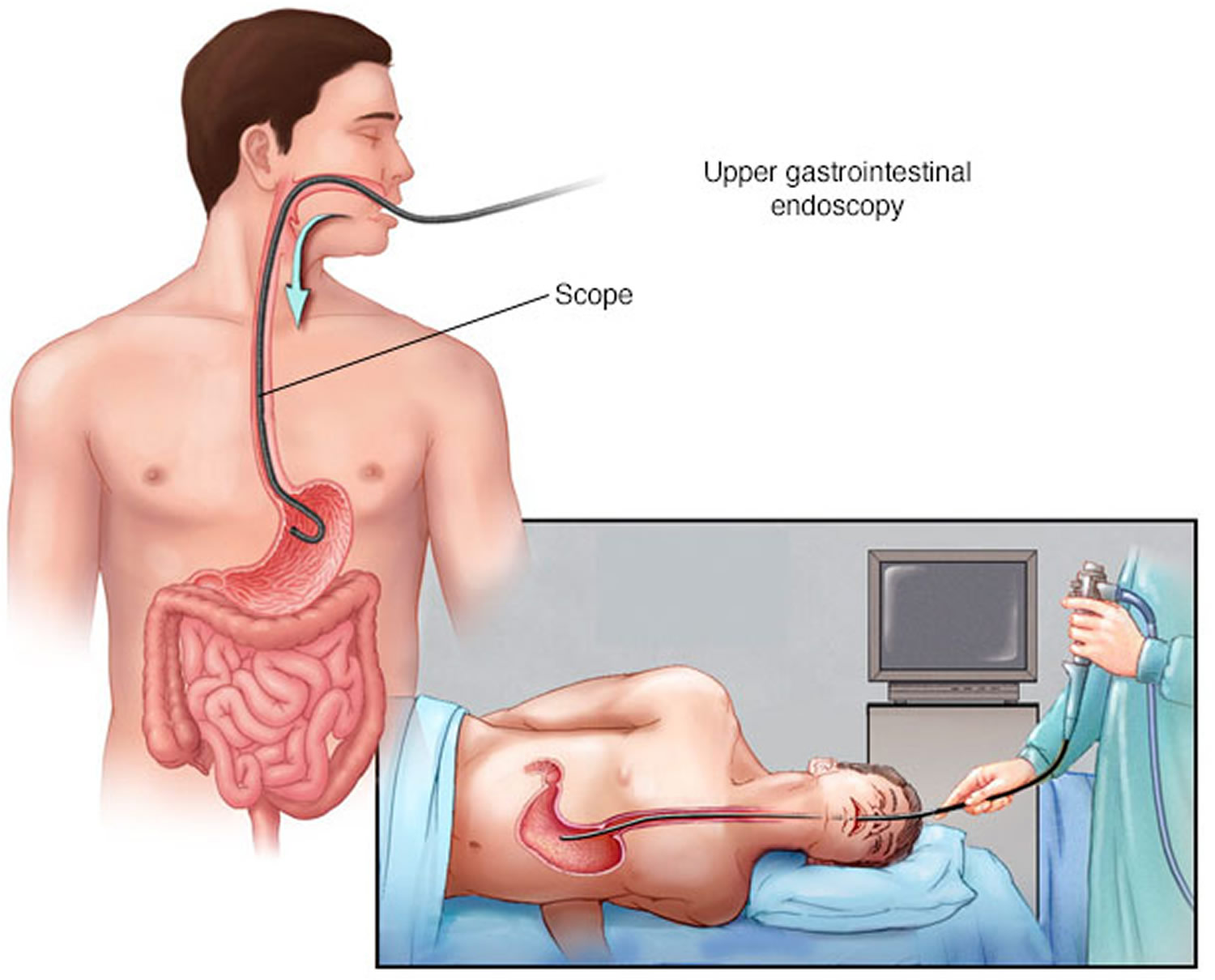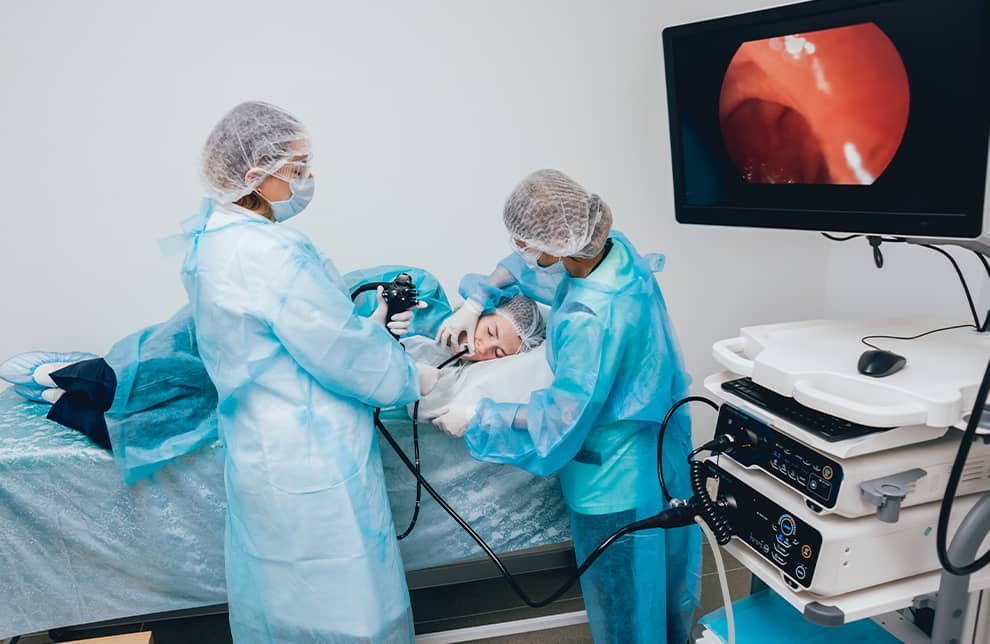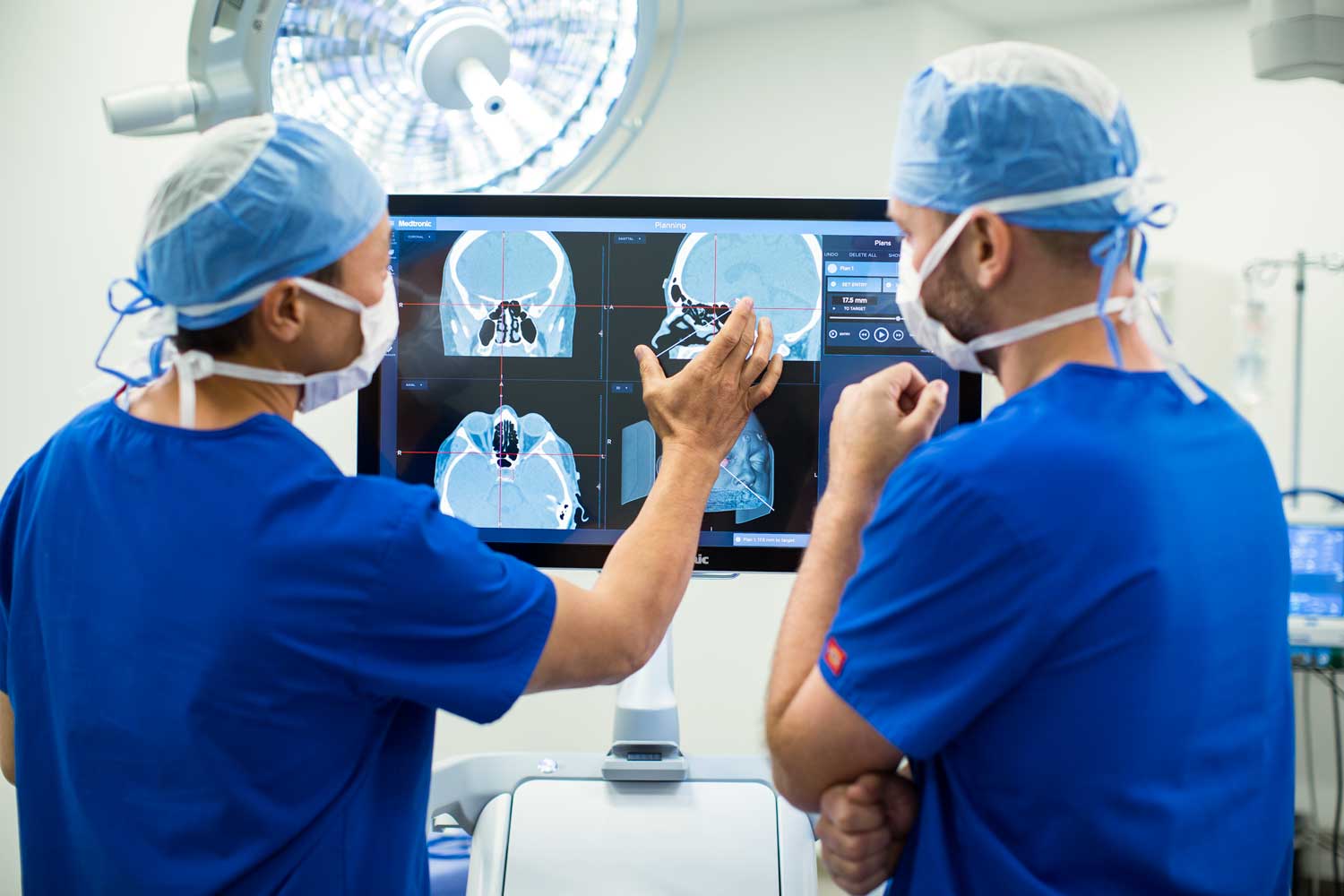- Home
- Our Services
CANCERS WE TREAT
TREATMENT OPTIONS
- About Us
About North Houston
Cancer ClinicsNorth Houston Cancer Clinics is a leading cancer center specializing in treating various types of cancers and blood disorders.Meet our specialized cancer care team
Choosing excellence, transforming cancer care together
Quality Oncology Practice Initiative (QOPI) Certification Program
Discover Our Healing Spaces: Virtual Office TourFirst day visit at North Houston Cancer Clinics
Real Stories, Inspiring Journeys, Patient Testimonies
- New patient
Becoming a patient at North Houston Clinics
Embark on your journey to health with us. Seamless, compassionate care awaits as you become a patient at North Houston Clinics.
Effortless Registration, Portal to Wellness JourneyYour Health, Your Time, Your AppointmentFrequently Asked Questions For New Patients - Blogs
- Contact Us
- Home
- Our Services
CANCERS WE TREAT
TREATMENT OPTIONS
- About Us
About North Houston
Cancer ClinicsNorth Houston Cancer Clinics is a leading cancer center specializing in treating various types of cancers and blood disorders.Meet our specialized cancer care team
Choosing excellence, transforming cancer care together
Quality Oncology Practice Initiative (QOPI) Certification Program
Discover Our Healing Spaces: Virtual Office TourFirst day visit at North Houston Cancer Clinics
Real Stories, Inspiring Journeys, Patient Testimonies
- New patient
Becoming a patient at North Houston Clinics
Embark on your journey to health with us. Seamless, compassionate care awaits as you become a patient at North Houston Clinics.
Effortless Registration, Portal to Wellness JourneyYour Health, Your Time, Your AppointmentFrequently Asked Questions For New Patients - Blogs
- Contact Us
Diagnostic procedures
Diagnosing cancer is an essential step for the better and more effectivetreatment of cancer. If any patient has symptoms or feels some growth or lumps in any part of the body, they must go to their doctor for a checkup.
These symptoms are the warning signs
In the fight against cancer, your choice matters. Choose North Houston Cancer Clinics for compassionate care and cutting-edge diagnosis procedures. Take the first step towards healing today. Schedule your appointment with us and let’s conquer cancer together.
Common Tests For Diagnosing Cancer
The following are some common diagnostic tests performed at our clinic to confirm the presence of cancer and tumor cells in the body of the patient. These tests will help the doctors to start the treatment procedures without any delay. Tests depend upon the type of symptoms that a patient shows.
Some common lab tests are performed by doctors for diagnosing cancers in patients. It includes:
Blood Tests
- Blood tests show the amount of substances present in our blood.
- It may include proteins, hormones, sugars, fats, and other enzymes. Evaluation of the amount of these substances will help in detecting the type and stage of cancer. It gives important and detailed knowledge about the blood and its constituents.
- It shows how high and low levels of any substance cause your body to be in a diseased condition.


Biopsy
Details About This Procedure
- Bone marrow Aspiration
- Bone marrow Biopsy
- Bronchoscopy


Diagnosing Cancer At North Houston Cancer Clinics
Diagnosing cancer involves a complex blend of disciplines, leading-edge technologies, and compassionate approaches to care. This starts by listening carefully to what patients are saying and watching for symptoms with healthcare professionals being astute observers. Subsequently, several tests are run; each one designed in such a way that it fits into part of a big picture of cancer.
MRI’s CT scans or PET scans provide information about how the body functions internally hence revealing any suspicious growths including their sizes and positions within an individual’s anatomy while guiding treatment options right away.But often it is biopsy – taking tissue samples for microscopic examinations – that gives the final answer. It uses skilled hands as well as modern
